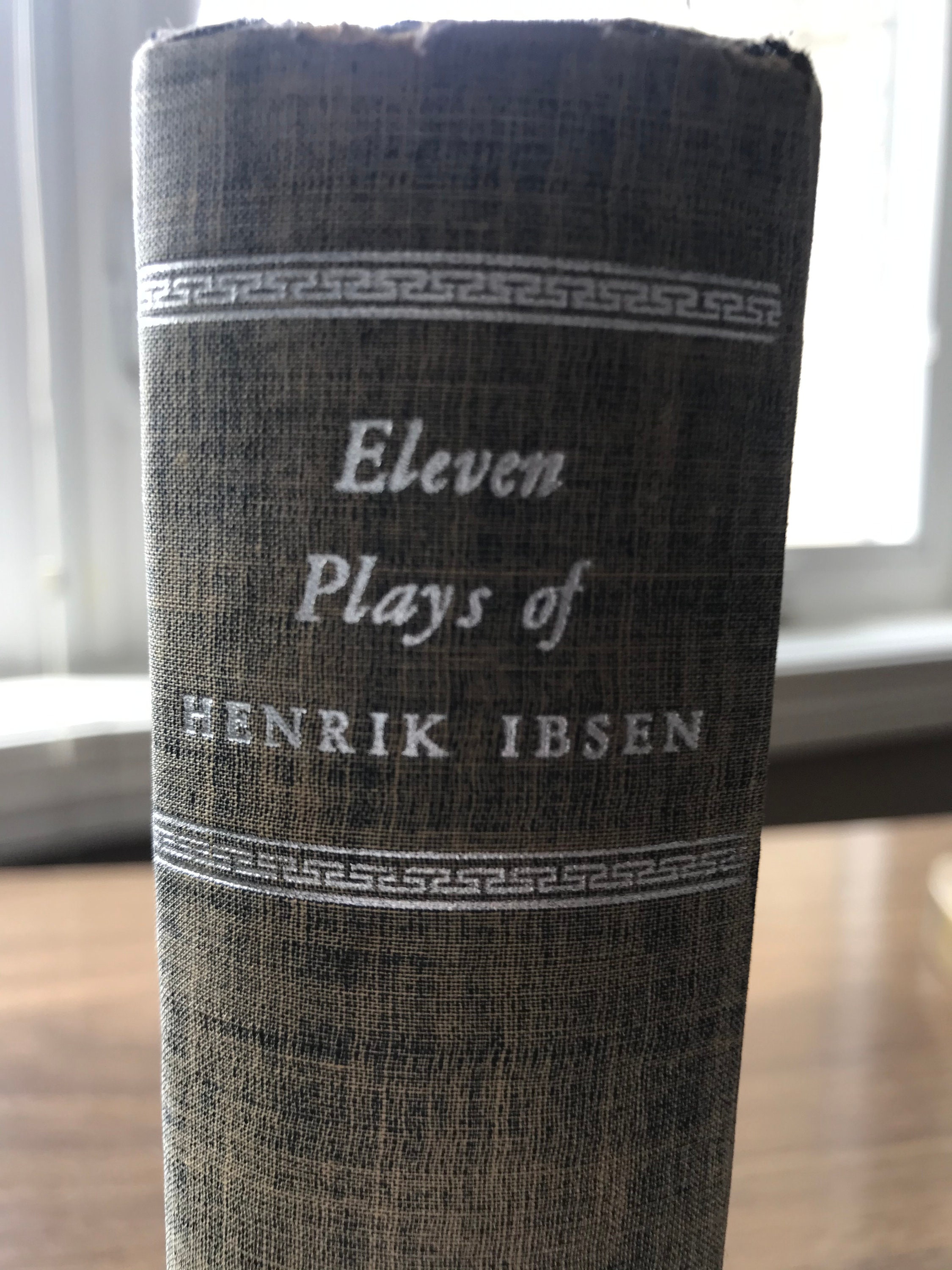


He has also given the names of the family members to many of his characters because he thought that they had seen the greatest financial crises. The majority of his characters are struggling in terms of finances and are at the helm of financial crises. This impact of financial crises has greatly influenced Henrik Ibsen and his works. After some time, they moved to the city and started living in the house of Ibsen’s father`s half-brother who was a banker and wealthy man. They miserably moved to their summer house, Venstop. When Ibsen was only seven years old his family suffered financial loss and they had to sell the Altenburg building in Skien. This fascinated Henrik Ibsen and he was attracted to this strange marriage and the strange relationship of siblings like a couple. They did not have blood relationships but they’re brought up was done in a way that they resembled to be siblings. His parents were not siblings but they were raised as siblings. Henrik Ibsen, later on, wrote that his family was a respected family with high connections in society. His father was Knud Ibsen and his mother was Marchen Altenburg.

He was born into a wealthy family of the time. Henrik Ibsen was born in Port Town of Skien in Bratsberg. Ibsen’s Career and Changes in the Writing Style.They are to a great extent unimaginable, or essentially profane to European crowds at that point content with foamy sham or Scribean melodrama. As he examined progressively significant mental subjects including the individual and society, his systematic dramatizations appeared to be threateningly radical. From the outset, he focused, with little achievement, on Norwegian nationalistic topics and recorded subjects, contrary to the Danish control of the Scandinavian theater. The unvarying setting of Ibsen’s mission as an imaginative craftsman was the human psyche. Ibsen’s plays keep on being restored throughout the world, and a constant flow of insightful books and articles vouches for his ubiquity among pundits and readers who value the helpful northern impacts of Ibsen’s message. Despite early frustrations, which prompted twenty-seven years of a willful outcast from Norway, Ibsen finally got the recognition there that he had been agreed beforehand all through Europe.īefore the end of his long and monstrously gainful vocation, the Norwegian government conceded him a state burial service as one of its generally celebrated residents.

James Joyce saw of Ibsen, his energetic icon that it might be addressed whether any man has held so firm a domain over the speculation world in present-day times. However, his importance in writing and history dominates the impact of his progressive stage strategies and his heathen idea of the theater. He is broadly recognized as the father of modern drama. Henrik Ibsen was born on20 March 1828 and died on.


 0 kommentar(er)
0 kommentar(er)
